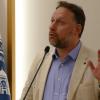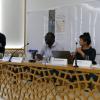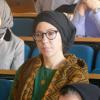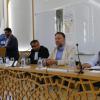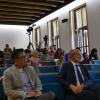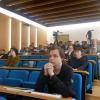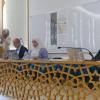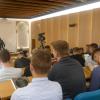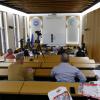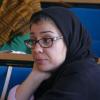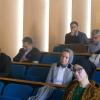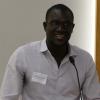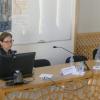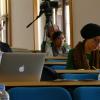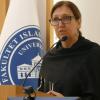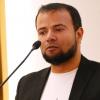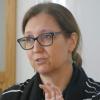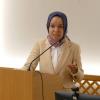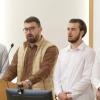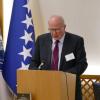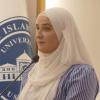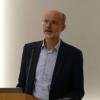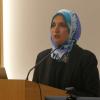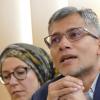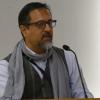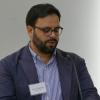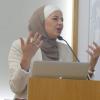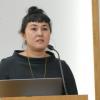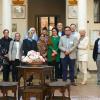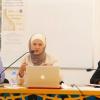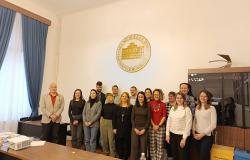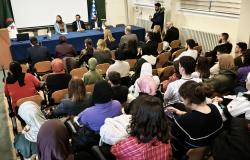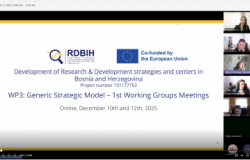UNSA Faculty of Islamic Sciences - Conference “Islamic moral theology and the future” Closed
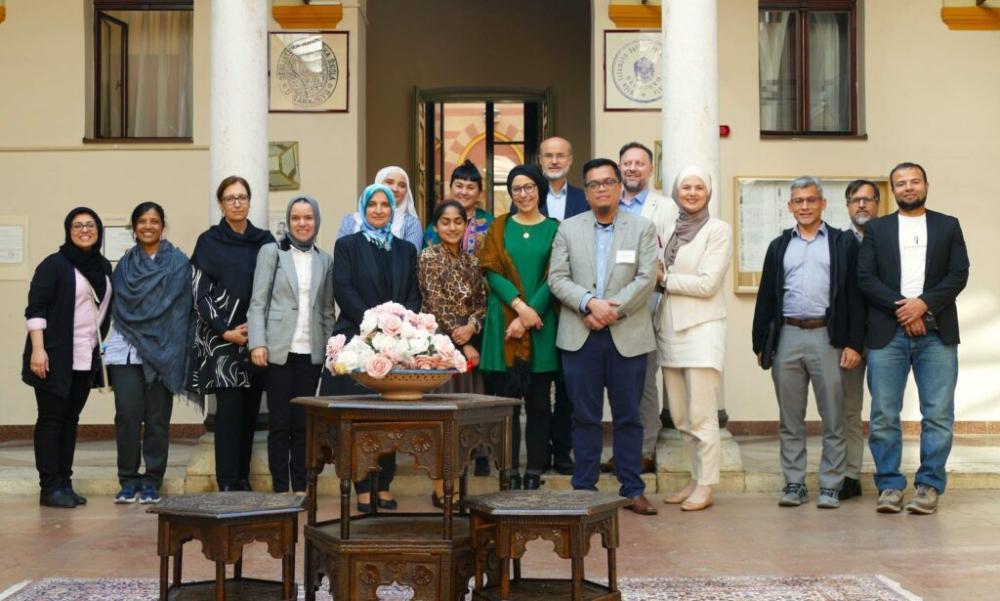
Today, at the Faculty of Islamic Sciences in Sarajevo, a three-day conference Islamic Moral Theology and Future closed. It was organized under the auspices of the Center for Global Islamic Studies Abu Sulayman at the University of George Mason and the Faculty of John Templeton.
Within the five panel sessions, ethics and inclusiveness in the Muslim public space, as well as the Muslim public space in the context of America, then on the concept of zaqqat and economic justice, and the last panel is dedicated to the topic of the work of the Islamic community. In Bosnia and Herzegovina and organization Nahla and Pomozi.ba.
Speakers at the conference were prominent academic experts from various scientific areas (theology, philosophy, economics, sociology, etc.) mostly, from the USA with several participants from Bosnia and Herzegovina and other countries around the world.
The conference was mostly moderated by Professor Maria Massi Dakake, the Director of the Center for Global Islamic Studies, Abu Sulayman and Professor Martin Nyang, one of the project participants and part of the project and other project participants.
Among the lecturers from Bosnia and Herzegovina, he was an academician Enes Karić, who opened the conference in the topic “Traditional Muslim moral theology and its implications for individual and collective ethics responsibilities and the common space of life and society.”
In addition to Karić Academicians, Tazeen Ali, Syed Muhd Khairudin Aljuneid, Ismail, Maryam Eskandari, Esra Tunc, Maryam Kashani, Atif Khalil, Mohammed Gamal Abdelnore, Ermin Sinanovic, Muhammada Suheyl Umar, Abdoulaye Ndiaye, Maria Dakake, Martin Nguyen, Ahmet Alibašić, Dževada Šuško, Sehija Dedović and Amina Karamustafić participated.
Participants in particular, in addition to the basic tradition of Islam, treated the rich opus works and the authors of the classical tradition with a special focus on the possibility of the empowerment of Islamic moral theology in the modern world, especially with the challenges of dominating worldviews and conventional models in the economy and the wider social life. In the context of the topics of economic justice and inequality, there were especially discussions about the importance and role of the Institution of Zaqqat.
The conference was closed with the concluding remarks of the Professor of the Faculty of Islamic Sciences in Sarajevo Ahmet Alibašić, one of the project participants.
Professor Alibašić emphasized that it is time for Muslims to dedicate himself to the new Islamic thought, pointing out that a significant part of the Muslim thoughts of the 20th century was overcome. He pointed out that such a thought was developed mainly in the shadows of colonialism, the struggle for independence or action in totalitarian regimes.
Therefore, the attitude is that the Islamic thought for the next generations should be framed through Islamic moral theology. In this regard, he noted that the organizers identified the correct focus and hopes to continue in this direction.
In conclusion, he pointed out that, although the development of this Islamic opinion seems to be easier than that was the case with the Islamic thought of the 20th century, which in great deals and political issues, however, the treatment of Islamic moral theology is much more demanding.
The description of the project with a series of texts about the topics being processed is available through the online publication center called Maydan.
After the working part, the participants had the opportunity to enjoy and perform the traditional Muslim music.
(Hasan Hasić/preporod.info)




